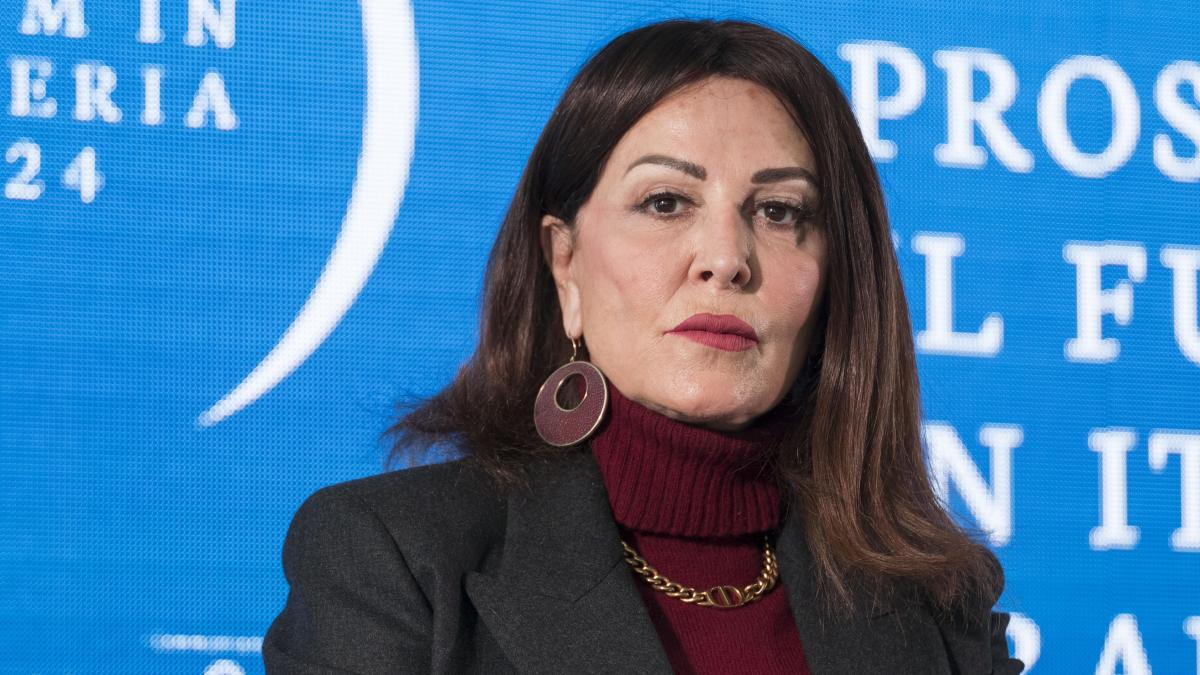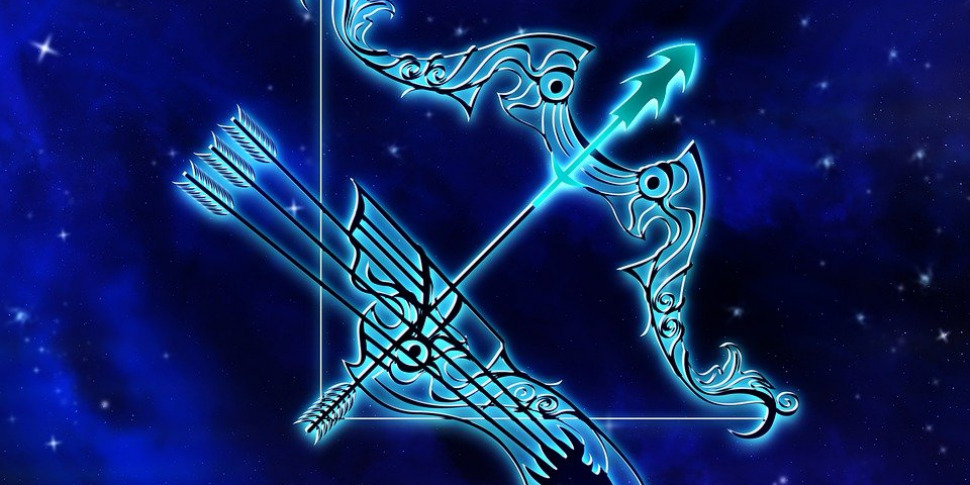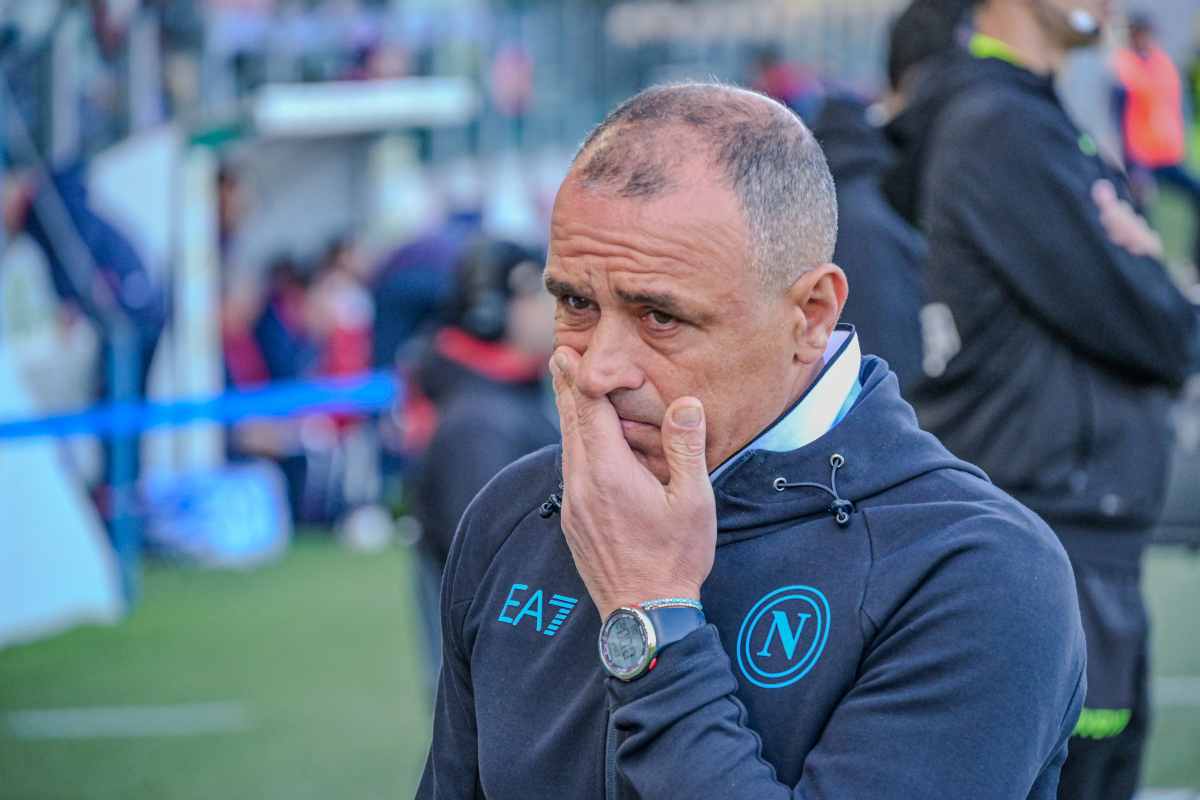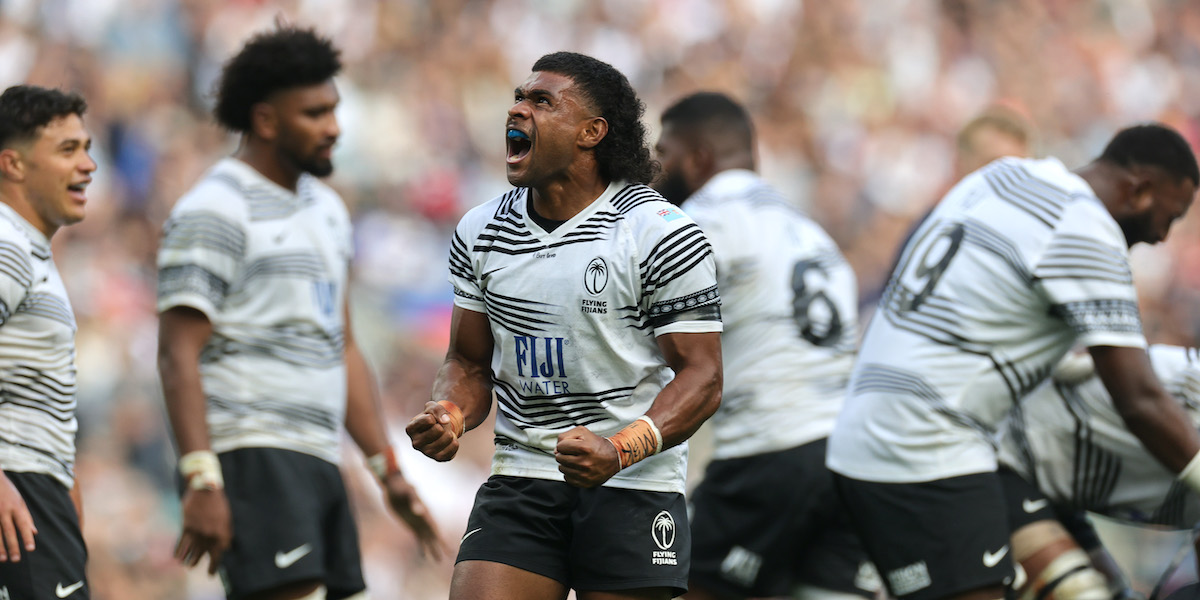Simeone Korovoli after Fiji’s win over England at Twickenham on August 26 (David Rogers/Getty Images)
A recently introduced rule has allowed Pacific Islands to bring back expatriate players, particularly in New Zealand, and the effects are already evident
Tonga, Samoa, and Fiji are three islands in the South Pacific that are famous for rugby, their national sport. They are part of the continent of Oceania, which has over time established itself as a reference for world rugby thanks to the successes of Australia and New Zealand. However, the results achieved by these two countries were also made possible by the many players who moved there over the decades from the Pacific Islands because of the greater opportunities available to them, or chose to play there after being born to immigrant parents.
Tonga, Samoa and Fiji are small island nations with too limited resources to fully develop their players, which are numerous compared to their respective populations. Tonga has a population of just over 100,000 people and about 2,000 practitioners, according to statistics. Official data For 2021. In Samoa there are about 218,000 with over 13,000 practitioners, while the Fiji Islands have a population of about 900,000 people and 100,000 rugby players. For players who grew up on these islands, moving abroad, first to Oceania and then perhaps to Europe, was by now an obligatory step to continue playing and above all making a living from rugby.
Among the many rugby players from Tonga, Samoa and Fiji, it was not only neighboring Australia and New Zealand that benefited. Almost all the major national teams in the world, from England to France, including Italy, have at least one player from these islands. However, it is clear that for geographical and cultural reasons, the national team that has benefited the most is New Zealand: of the 1,213 players called up in their history, more than thirty were born in the Pacific Islands, a number that cannot be ignored. It increases if we take into account those born in New Zealand to immigrant parents. These include former All Blacks greats such as Tana Umaga, Joe Rokocoko and Jerome Kaino, as well as current players such as Ofa Tu’ungafasi and Nepo Laulala.
Moana Pacifica match in Apia, Samoa (Joe Allison/Getty Images)
The evacuation of Pacific Islands rugby players was also heavily criticized. For example, the All Blacks are often accused of having “plundered” these islands for so long to remain the most successful national rugby team in the world. Eddie Jones, coach of Australia and England until recently, often teases the All Blacks by pointing to the support they have received indirectly from the three Pacific islands. Once while calling a New Zealand TV She said“You have a lot of strong young men, and I don’t know how you do it there. “In fact, yes, you have three of the biggest academies in the world: Fiji, Samoa and Tonga.”
Jones said this in 2020, a year before the World Federation decided to change some rules regarding call-ups. Starting from January 1, 2022, any player is allowed to change his association, even if he has already played for the national team, if he shows a close connection to the country he wants to represent. It is a change that can only be made once and to make it valid, a player deciding on the change must have been retired from international rugby for 36 months, must have been born in the country they wish to move to or have a parent or grandparent with local roots. . Citizenship.
The new regulations came into effect a year and a half before the start of the World Cup and everyone can benefit from them. Despite the tight deadlines, many players, including high-level players, have already completed the change of association and are playing World Cups with their home countries, especially with the Pacific Islands, which are most vulnerable to expatriate sanctions. Tonga recalled former All Blacks player Malakai Fekitoa (from this season to Benetton Treviso), Salesi Piutau, George Mwala, and former Australian Adam Coleman. Israel Folau, who was suspended from Australia for disciplinary reasons four years ago, could also have been called up, but the player was injured before the World Cup. However, Samoa had time to call up former All Blacks Charlie Fomoina, Steve Luatua, Lemma Sopoaga and former Australian player Christian Leliefano.
Fiji has not had time to add expatriates to its squad, also because the three island national teams need them the most. However, there are at least six high-profile players ready to return: one of them, Aliveretti Racca, who played five matches for France between 2019 and 2020, will be able to be called up from next December.
So it is no coincidence that Tonga, Samoa and Fiji are playing their best teams ever in a World Cup. On the first weekend of the tournament, Tonga and Samoa played out the rest round and there is still a lot of curiosity about them (especially regarding Samoa, who have a more balanced group). Fiji, on the other hand, were beaten by Wales, but so was their game One of the most beautiful and fought From the first round. In the final seconds, they could have won it, and to stop their relentless attacks, Wales had to make 248 tackles, a new World Cup record.
Furthermore, in the warm-up matches held in August, Fiji managed to beat England at Twickenham for the first time in their history, and entered the World Cup ranked seventh in the world rankings, just ahead of England and Australia as well. On the other hand, Samoa is one place above Italy, while Tonga is just behind.
In their history, the three Pacific islands have achieved many notable results – such as the Olympic gold medal recently won by Fiji in rugby sevens – but due to obvious numerical limitations, as well as organizational and structural shortcomings, these islands have never been able to express their full potential. Possible. The new rule on player eligibility could therefore boost their results and upset certain balances in international rugby. It also comes at a time of widespread reforms to domestic rugby. From 2022, the three islands can actually count on two new professional teams registered in Super Rugby, the Ocean Nations Championship (also played by the teams of South Africa and Argentina) which is considered the best in the world.
This involvement in Super Rugby provides new development opportunities for local players and may reduce alienation. The teams in question are Moana Pasifika, which is institutionally based in Auckland, New Zealand, but represents all Pacific islands – even the smallest – and Drua, which instead represents Fijian rugby and is based in the capital, Suva.
– Read also: The rugby team is trying to get names onto shirts

“Coffee fan. Tv specialist. Social media aficionado. Zombie geek. Evil analyst. Web expert.”







More Stories
Myanmar government bans men from working abroad – breaking news
The police raided the University of California. Biden: No more violent protests – News
A social mask, Instagram decided to hide posts that deal with politics and social issues. The European Union is investigating the violations